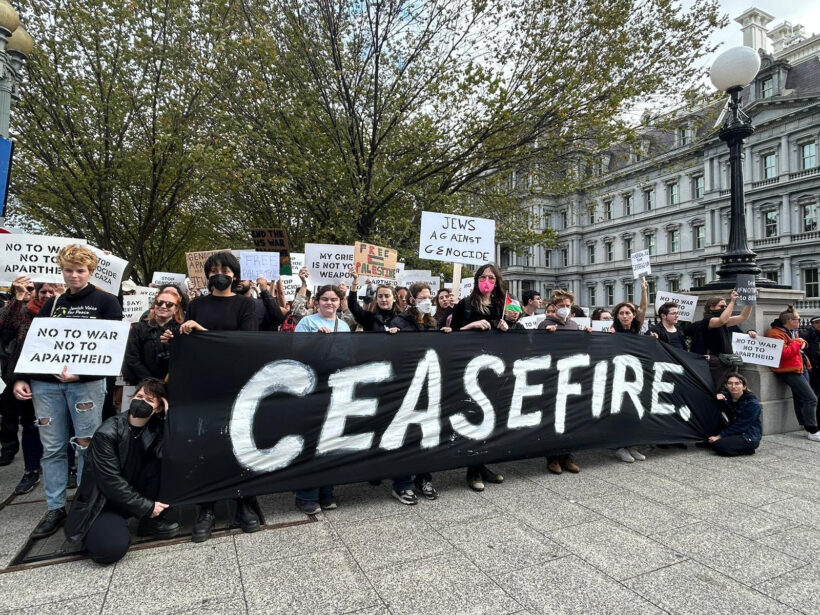The situation in the Middle East is heading towards an escalation rather than a peaceful solution, following the announcement of the assassination of Hezbollah Secretary General Hassan Nasrallah by Israeli air strikes. The assassination was confirmed a few hours ago in a statement by Hezbollah.
At the same time, Filippo Grady, the UN High Commissioner for Refugees, said that more than 50,000 people are moving from Lebanon to Syria to escape the airstrikes and 200,000 people living in Lebanon are taking the internal migration route from the border with Israel to the interior of the country. The Israeli army airstrikes that have been going on for a bit less than a week – and have not stopped despite Nasrallah’s assassination – have claimed the lives of over 780 people and 5,550 wounded (figures released by the Lebanese Ministry of Health and published a day ago).
The US President claimed that the assassination of the Hezbollah leader is Israel’s right to self-defence [measure of justice]. China’s Foreign Minister said he opposed the violation of the sovereign rights of the Lebanese state and that his country “condemns any operation that harms innocent civilians and escalates tension in the Middle East.” Iran confirmed the death of senior military officer Abbas Nilforushan, along with Nasrallah, in the Israeli raids in Lebanon and, in the same statements, made references to the country’s right to seek justice for his death. Lebanon has declared three days of national mourning for Nasrallah’s assassination.
In this new and escalating war scene, there are increasing protests by people in many parts of the world who, through daily demonstrations and actions, are calling for an immediate ceasefire, justice and peace solutions. It remains to be seen whether they will be listened to or whether (and which) nuclear-weapon-possessing governments will proceed to a generalised conflict in the Middle East.










